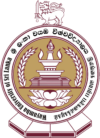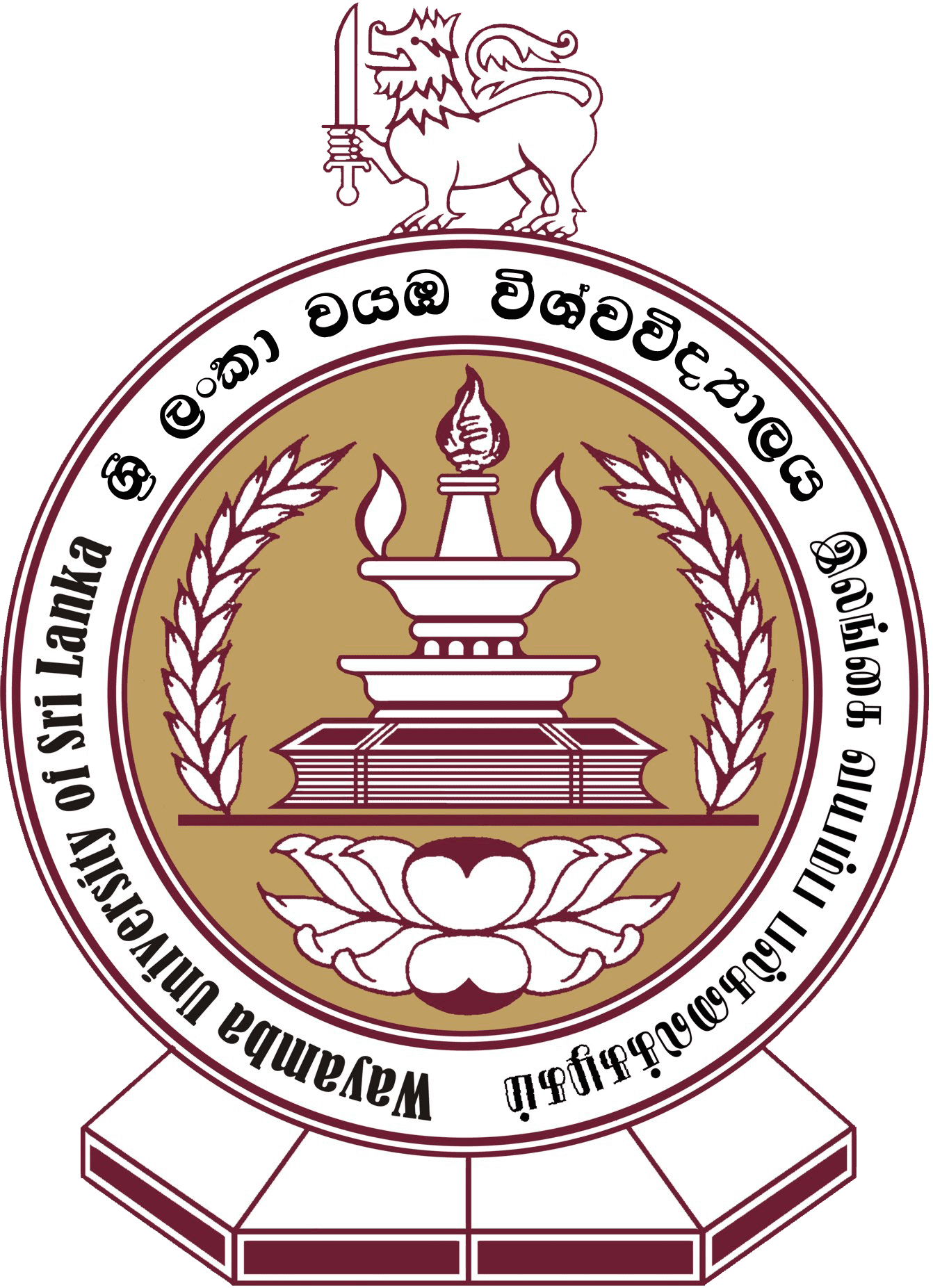AGRIHUB - CONNECTING FARMERS WITH AGRICULTURE EXPERTS
Empowering Farmers with Knowledge and Services
Our Services

Crop Monitoring
Stay informed about the health and progress of your crops with our advanced crop monitoring solutions. Access real-time data and analytics to make informed decisions and optimize your farming practices.
Ecofriendly Fertilizer Management
Promote sustainable agriculture with our ecofriendly fertilizer management services. Our experts will guide you in implementing evidence-based practices that minimize the environmental impact while maximizing crop productivity.
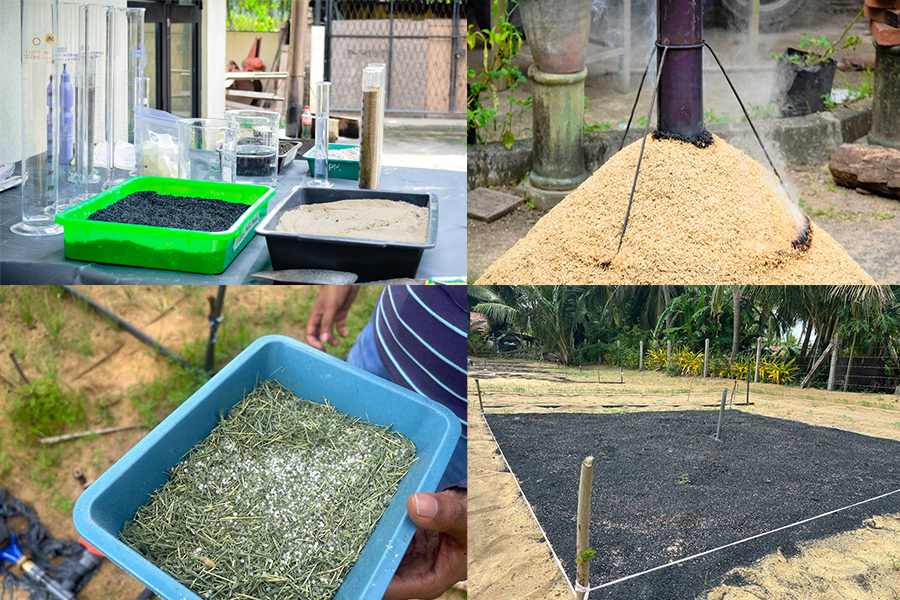
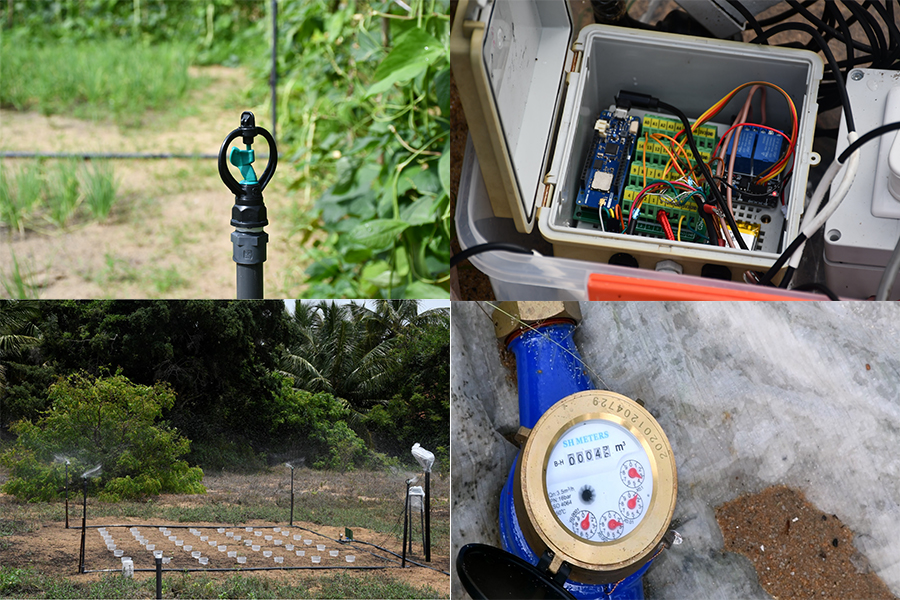
Expert Irrigation
& fertigation
Optimize your irrigation and fertigation processes with the help of our expert guidance. We provide tailored solutions for efficient water management and precise nutrient delivery to enhance crop growth and yield.
Agronomic Practices and crop microenvironment
Improve your agronomic practices and create an optimal microenvironment for your crops. Our specialists will assist you in implementing best practices to ensure healthy plant growth, disease prevention, and higher quality yields.
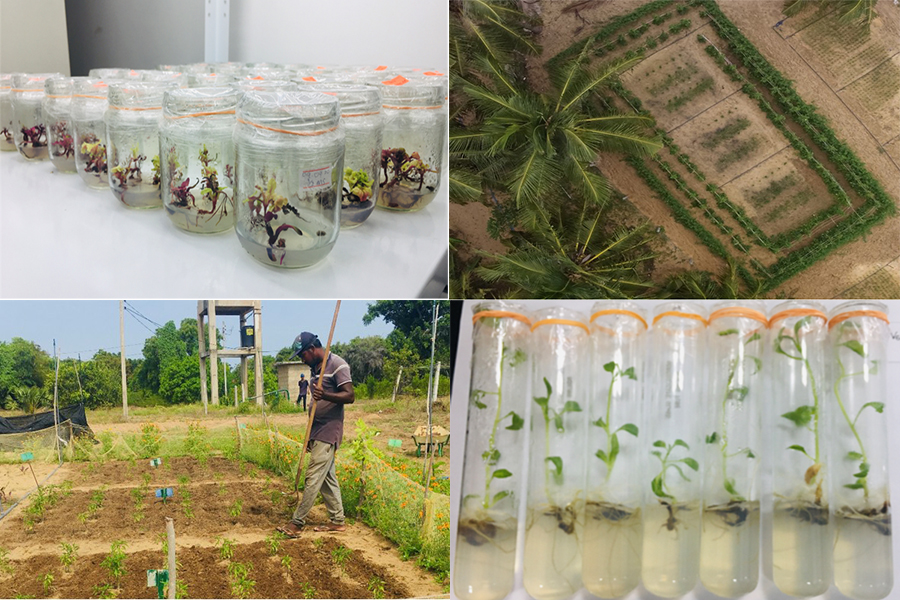

Agricultural knowledge and capacity building
Expand your agricultural knowledge and build your capacity with our comprehensive training and educational programs. Access valuable resources, workshops, and expert guidance to enhance your skills and stay updated with the latest advancements in the field.
Frequently Asked Questions
Crop Monitoring
Crop monitoring plays a crucial role in improving crop yield by providing real-time information about the health and growth of crops. It allows farmers to identify and address issues such as nutrient deficiencies, water stress, and pest infestations promptly. By taking proactive measures based on the data collected through monitoring, farmers can optimize inputs, make informed decisions, and implement targeted interventions to maximize crop yield.
Various technologies are used for crop monitoring, including remote sensing, satellite imagery, drones, and sensor-based systems. Remote sensing and satellite imagery provide large-scale data on crop health, vegetation indices, and environmental conditions. Drones offer high-resolution aerial imagery for more localized monitoring. Sensor-based systems, such as soil moisture sensors and weather stations, provide on-site measurements of soil moisture, temperature, humidity, and other parameters critical for crop health assessment.
Yes, crop monitoring can help detect pests and diseases. Through the use of advanced imaging techniques and data analysis, crop monitoring systems can identify early signs of pest infestations or disease outbreaks. Changes in crop health, color, and patterns detected through remote sensing or sensor-based technologies can indicate the presence of pests or diseases. Early detection allows farmers to take timely action, implement targeted pest management strategies, and minimize crop damage.
The frequency of crop monitoring depends on various factors such as crop type, growth stage, environmental conditions, and the presence of potential risks. Generally, crop monitoring should be done regularly throughout the growing season. This could range from weekly or bi-weekly observations to daily monitoring during critical stages, such as flowering or fruit development. It is essential to establish a monitoring schedule that suits the specific needs and requirements of the crops being cultivated.
Yes, crop monitoring can be adapted for various types of crops, including field crops, horticultural crops, and specialty crops. While the specific techniques and sensors used may vary, the underlying principles of monitoring crop health and environmental conditions remain the same. The choice of monitoring methods and technologies can be tailored to the specific characteristics and requirements of different crop types to ensure effective monitoring and management practices are in place.
Ecofriendly Fertilizer Management
Ecofriendly fertilizer management minimizes the environmental impact of agriculture by reducing nutrient runoff, groundwater contamination, and greenhouse gas emissions. It promotes sustainable nutrient management practices, improves soil health, and ensures efficient utilization of fertilizers, leading to enhanced crop productivity and long-term sustainability.
Expert Irrigation & fertigation
Irrigation is the process of supplying water to crops, while fertigation combines irrigation and fertilization by delivering nutrients directly to the plant’s root zone through the irrigation system. Expert irrigation and fertigation techniques optimize water use, minimize nutrient wastage, and provide precise nutrient delivery, resulting in improved crop growth, yield, and resource efficiency.
Agronomic practices and crop microenvironment
Agronomic practices encompass a range of techniques and methods used to manage crops for optimal growth and productivity. They include soil preparation, crop rotation, weed and pest management, and appropriate planting and harvesting practices. These practices are essential for ensuring healthy plant growth, preventing crop diseases, and maximizing yield potential.
Agricultural Knowledge and Capacity Building
Agrihub offers a variety of training and educational programs designed to enhance agricultural knowledge and build capacity. These programs cover topics such as sustainable farming practices, crop management, precision agriculture, and agri-business skills. They include workshops, seminars, online courses, and access to resources that empower farmers and agricultural professionals with the latest industry knowledge.
Subscribe for News
Subscribe for news and updates from Agrihub to stay informed about the latest developments in sustainable agriculture, innovative farming practices, and the socio-economic and environmental sustainability of intensive agricultural systems in the Kalpitiya Peninsula. Our newsletter is delivered straight to your inbox and is a great way to keep up with the latest news, events, and research in the field of agriculture.
